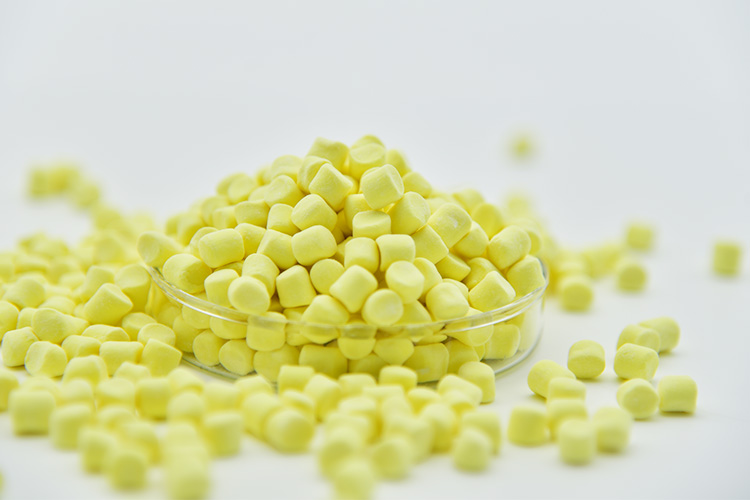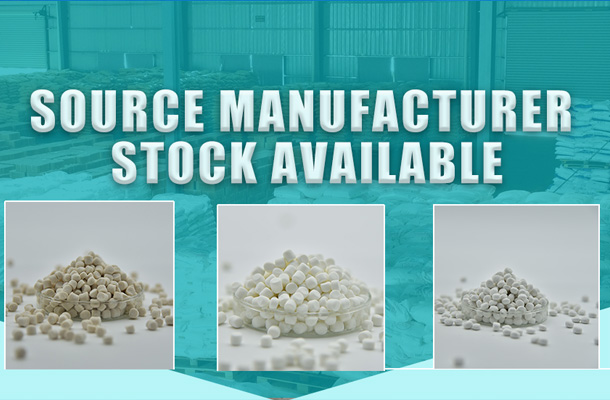Rubber accelerators are essential chemicals used in the process of manufacturing rubber products to enhance and control the vulcanization or curing process. Vulcanization is a critical step where the rubber compound is transformed from a malleable state into a durable, resilient material with improved mechanical properties. Here are the primary uses of rubber accelerators:
Accelerating Curing Time: As their name suggests, accelerators speed up the cross-linking reaction between rubber polymers and sulfur or other curing agents. This reduces the time and energy required for the vulcanization process, thus improving manufacturing efficiency and productivity.
Improving Cross-Link Density: By promoting efficient cross-linking, accelerators help increase the density of these links within the rubber matrix, leading to enhanced physical properties such as better tensile strength, elasticity, and resistance to abrasion and tearing.
Optimizing Processability: Different accelerators can be chosen based on the desired processing characteristics, allowing manufacturers to adjust the scorch time (the time before the mixture starts to cure irreversibly), flow properties, and green strength (strength before vulcanization) to suit specific manufacturing requirements.
Controlling Cure Characteristics: Accelerators influence the rate of vulcanization and can be used to tailor the curing profile, ensuring a balanced cure throughout the rubber part. This is particularly important for complex or thick rubber articles to avoid undercure (soft spots) or overcure (hardness and brittleness).
Enhancing Product Performance: Proper use of accelerators can lead to improved overall performance of the final rubber product, including better resistance to heat, aging, and chemicals.
Enabling Use of Various Rubbers: Accelerators are compatible with natural rubber (NR) as well as a wide range of synthetic rubbers like styrene-butadiene rubber (SBR), nitrile rubber (NBR), and ethylene-propylene-diene monomer (EPDM), enabling their efficient vulcanization.
Specialty Applications: Certain accelerators are designed for specific purposes, such as producing low-odor, non-discoloring rubber products, or for applications requiring high purity, like medical or food-grade rubber items.
In summary, rubber accelerators play a pivotal role in optimizing the manufacturing process of rubber goods by expediting and refining the vulcanization process, leading to enhanced product quality and performance.








